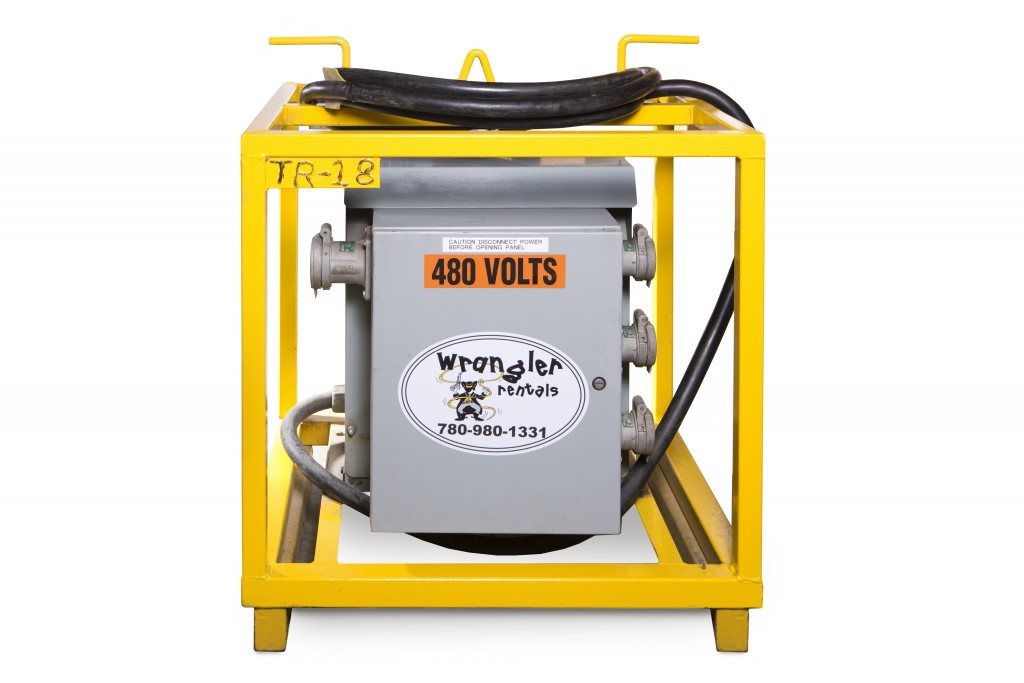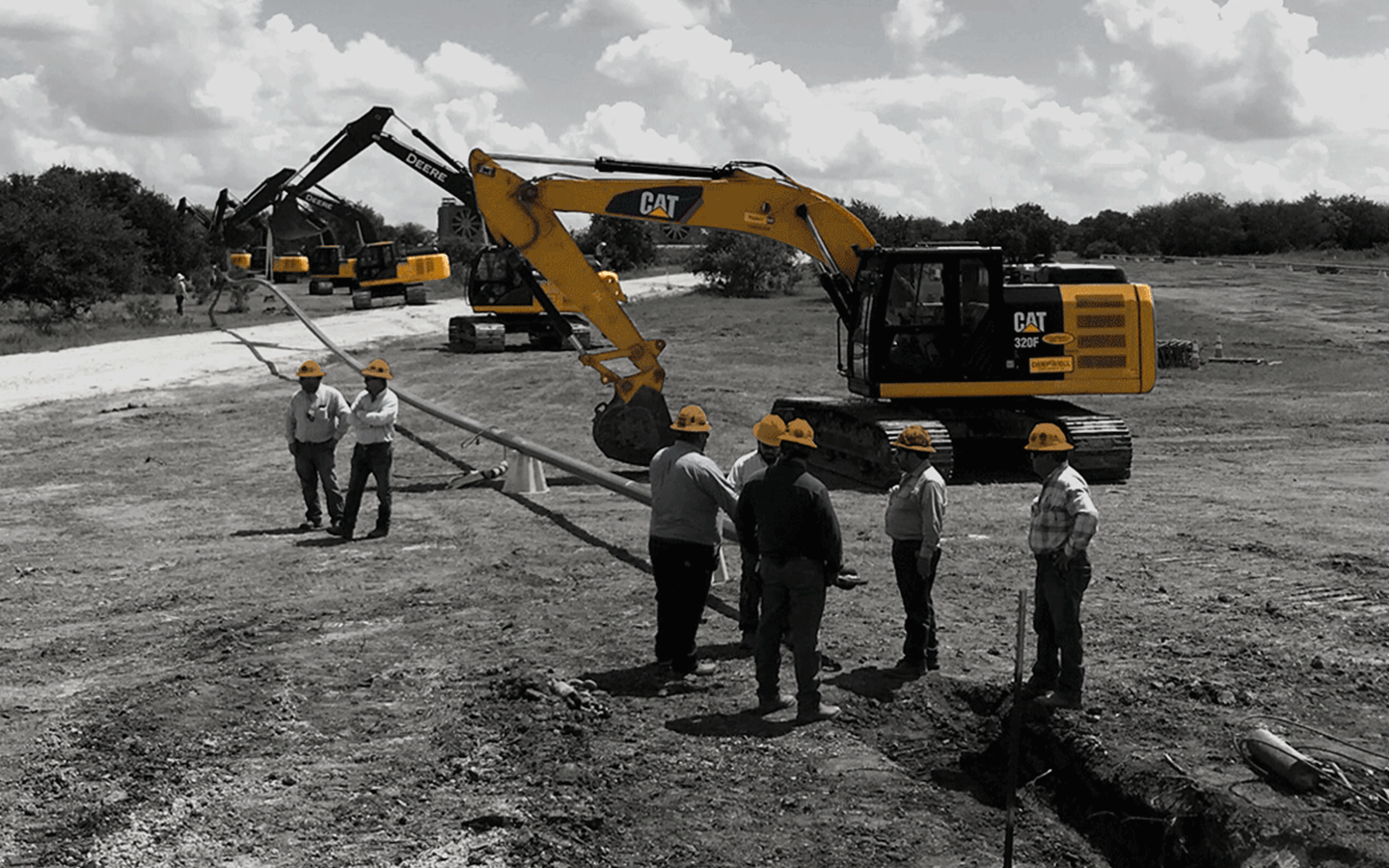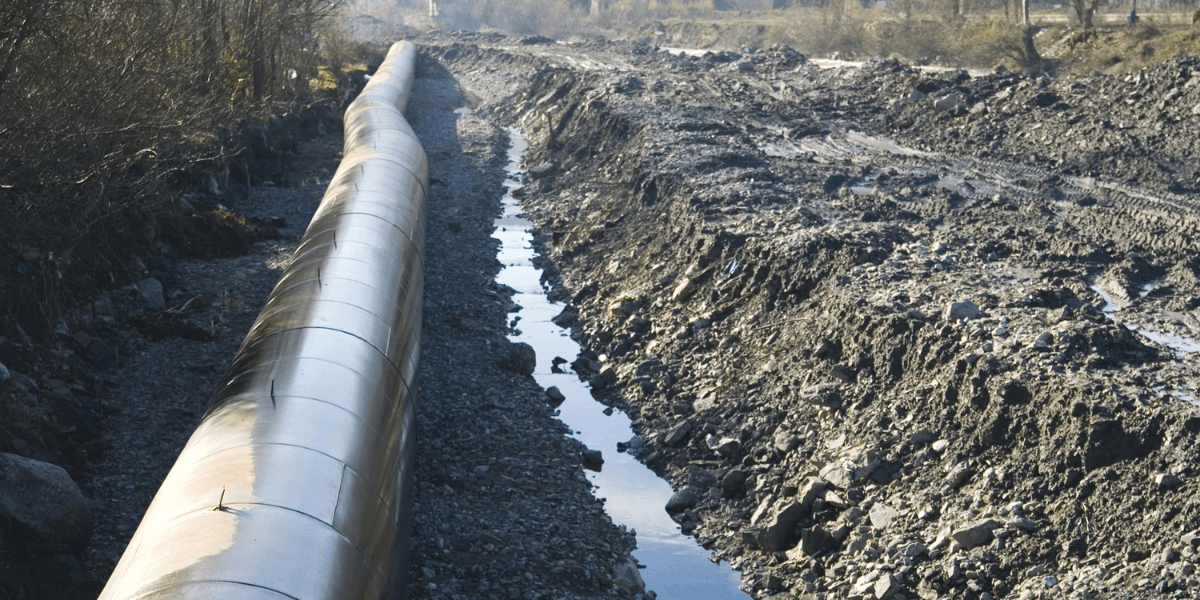Superior Rentals midland: local expertise for energy sector
A Comprehensive Guide to the Different Types of Oil Field Equipment and Pipeline Equipment Available
The oil and gas industry counts heavily on specific equipment for reliable removal and transportation. Numerous sorts of equipment, from drilling rigs to tank, play crucial roles in this intricate process. Each item of tools serves distinct functions that contribute to overall operational success. Recognizing these components is important for any individual associated with the field. As the industry develops, so as well do the innovations that support it. What advancements are on the horizon?

Drilling Rigs: The Foundation of Oil Expedition
Drilling rigs act as the vital machinery in the domain name of oil exploration, allowing firms to access hydrocarbon reserves hidden deep below the Planet's surface. These rigs come in different types, consisting of land rigs, offshore rigs, and mobile systems, each made to operate in specific environments. Furnished with sophisticated innovation, piercing rigs can permeate geological developments with accuracy, making certain efficient resource extraction. The architectural honesty and operational capacities of these rigs are important, as they have to withstand severe problems and significant pressures. The option of a drilling gear impacts the general project cost and timeline, making it an important factor to consider for oil companies seeking to enhance their expedition initiatives and optimize performance in their procedures.
Pumps: Important for Liquid Activity
In the oil extraction procedure, the role of pumps is significant, promoting the movement of liquids throughout various stages of production. Pumps are necessary for transferring unrefined oil, water, and various other liquids from underground reservoirs to the surface area and afterwards via pipelines to refineries. They come in various types, consisting of centrifugal, positive displacement, and submersible pumps, each offering details functions based upon the liquid characteristics and operational needs. Centrifugal pumps are generally utilized for their effectiveness in high-flow applications, while positive displacement pumps stand out in managing thick liquids. The choice of pump influences overall effectiveness, functional safety, and upkeep costs. Correct option and upkeep of pumps are essential for enhancing production and reducing downtime in oil area procedures.
Valves: Managing Circulation and Pressure

Shutoffs play an important function in managing the circulation and pressure of fluids within oil areas and pipes. Numerous kinds of valves serve distinctive applications, each created to satisfy particular functions basic for efficient procedure - Superior Rentals reviews. Comprehending the characteristics and uses these shutoffs is essential for enhancing system efficiency and safety
Types of Valves
Important elements in oil area operations, valves play a vital role in regulating the circulation and pressure of liquids within pipes and equipment. Different sorts of shutoffs are utilized to meet the varied requirements of oil and gas manufacturing. Common types include gate valves, which supply a straight-line circulation and marginal stress decline; world shutoffs, understood for their strangling abilities; and round valves, identified for their quick on/off control. Furthermore, check shutoffs avoid heartburn, while butterfly valves use a light-weight remedy for controling circulation. Each valve type is designed with specific products and arrangements to withstand the rough problems usually found in oil areas, guaranteeing reliability and effectiveness in procedures. Comprehending these kinds is essential for efficient system management.
Valve Applications and Functions
While numerous kinds of valves serve unique objectives, their key applications revolve around managing circulation and pressure within oil and gas systems. Valves such as gateway, world, and ball shutoffs manage fluid activity, making certain peak performance and safety and security. Gateway valves are typically made use of for on/off control, offering marginal circulation resistance. Globe valves, on the other hand, offer exact circulation policy, making them ideal for strangling applications. Ball valves are favored for their quick procedure and tight securing capabilities. On top of that, stress alleviation shutoffs are critical for avoiding system overpressure, safeguarding equipment stability. In general, the suitable choice and application of shutoffs improve functional performance, guaranteeing the trustworthy transportation of oil and gas through pipelines and handling centers.
Compressors: Enhancing Gas Transport
Compressors play a critical function in the efficient transport of all-natural gas, guaranteeing that it moves efficiently through pipes over cross countries. These devices raise the stress of all-natural gas, permitting it to overcome rubbing and elevation changes within the pipeline system. In addition, compressors promote the balancing of supply and need, fitting fluctuations in usage and manufacturing prices. Numerous kinds of compressors are utilized in the market, including centrifugal, reciprocating, and rotating screw compressors, each offering unique advantages based on the operational requirements. Normal maintenance of these compressors is important to make the most of performance and minimize downtime, ultimately contributing to a reputable gas transport network. Their crucial feature underscores the relevance of compressors in the general oil and gas infrastructure.
Storage Tanks: Safe and Efficient Liquid Management
Efficient transport of gas relies on various support group, among which is the appropriate monitoring of storage space tanks. These tanks play a vital function in securely consisting of liquids, guaranteeing that operational effectiveness is maintained while reducing environmental dangers. Constructed from durable products, they are designed to stand up to high stress and corrosive aspects. Correctly sized and purposefully located, storage containers assist in the smooth circulation of natural gas and various other liquids, stopping traffic jams in supply chains. Regular upkeep and surveillance are important to spot leaks or structural concerns, promoting security and compliance with governing criteria. Eventually, the effective administration of storage tanks is essential for the overall stability and reliability of the oil and gas market's fluid handling systems.
Pipeline Solutions: Infrastructure for Transportation
Pipeline systems work as the foundation of the oil and gas market, assisting in the effective transport of hydrocarbons over large ranges. These systems contain various check here elements, consisting of pipelines, valves, pumps, and compressors, all carefully made to ensure seamless flow. The materials made use of in pipeline building and construction, typically steel or high-density polyethylene, are picked for durability and resistance to corrosion. Pipeline networks can span throughout land and water, attaching manufacturing websites to refineries and warehouse. In addition, progressed innovation allows real-time monitoring of flow rates and pressure levels, boosting functional performance. The critical positioning of these pipelines reduces environmental influence while making best use of source access, therefore playing a necessary duty in meeting power needs globally.
Safety And Security Equipment: Ensuring Worker and Environmental Management
The operation of pipeline systems, while essential for energy transport, additionally provides significant safety challenges for workers and the environment. Security tools plays a significant function in reducing these threats. Individual protective tools (PPE) such as safety helmets, handwear covers, and non-slip shoes safeguards employees from physical dangers. Additionally, gas detection systems keep track of for leakages, making certain that unsafe materials do not pose a danger to personnel or the surrounding environment. Emergency situation closure systems are essential for rapidly stopping procedures throughout a crisis, protecting against potential disasters. Spill containment materials, including absorbents and obstacles, are fundamental for decreasing ecological effect. Overall, buying all-encompassing safety tools is critical for keeping operational honesty and securing both workers and the environment in the oil and gas sector.

Frequently Asked Questions
Exactly how Do I Choose the Right Oil Field Equipment for My Job?
Choosing the appropriate oil field equipment entails reviewing job specs, budget constraints, and functional demands. Take into consideration factors such as equipment integrity, compatibility with existing systems, and the supplier's online reputation to assure peak efficiency and safety and security.
What Are the Upkeep Needs for Oil Field Equipment?
Upkeep demands for oil field tools consist of normal examinations, lubrication, and prompt repairs. Operators ought to also adhere to supplier standards, screen efficiency metrics, and guarantee conformity with security guidelines to improve longevity and efficiency.

Exactly How Can I Guarantee Conformity With Environmental Laws?
To assure compliance with environmental guidelines, companies must perform routine audits, execute finest methods, invest in training, preserve correct paperwork, and stay upgraded on legislation (Superior Rentals near me). Cooperation with ecological firms can additionally boost adherence to policies
What Is the Ordinary Lifespan of Pipeline Equipment?
The typical lifespan of pipeline equipment normally varies from 20 to half a century, relying on elements such as material quality, environmental conditions, and upkeep techniques. Regular examinations can significantly influence long life and operational efficiency.
Exactly how Do I Safely Transport Oil Field Equipment to Remote Locations?
Delivering oil field tools to remote areas needs mindful planning, consisting of route analysis, safeguarding authorizations, utilizing proper vehicles, and making sure safety and security protocols are adhered to. Correct training and communication amongst crews are necessary for successful transportation.